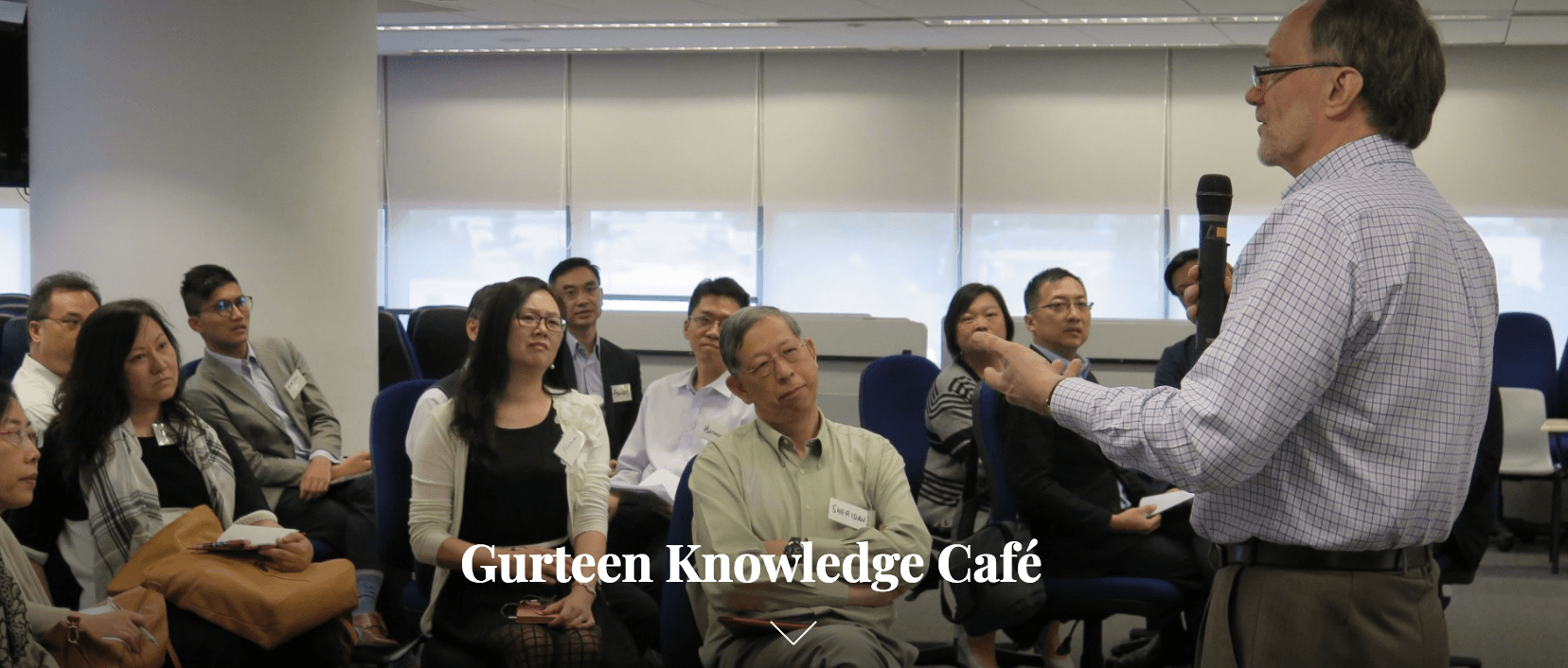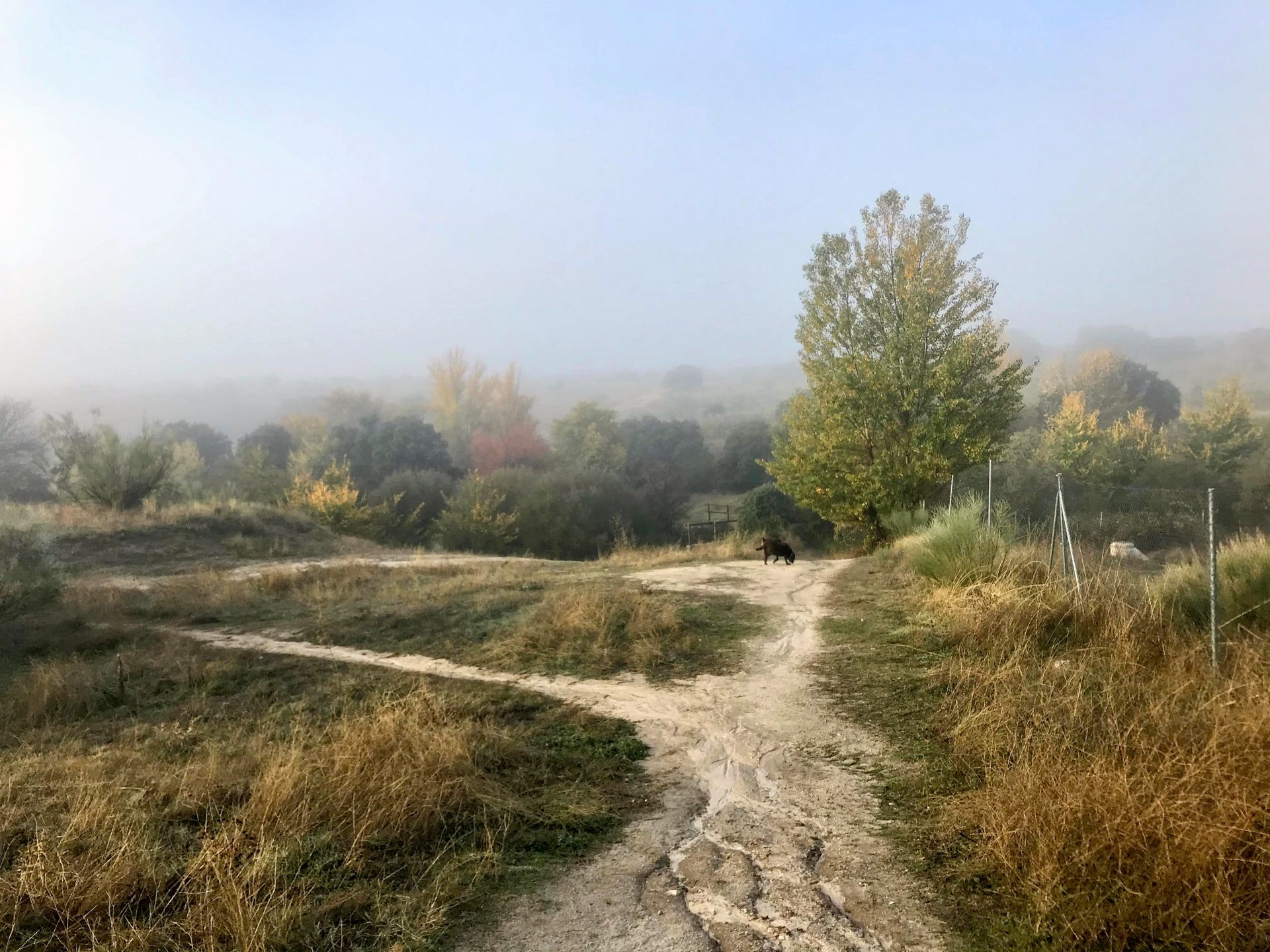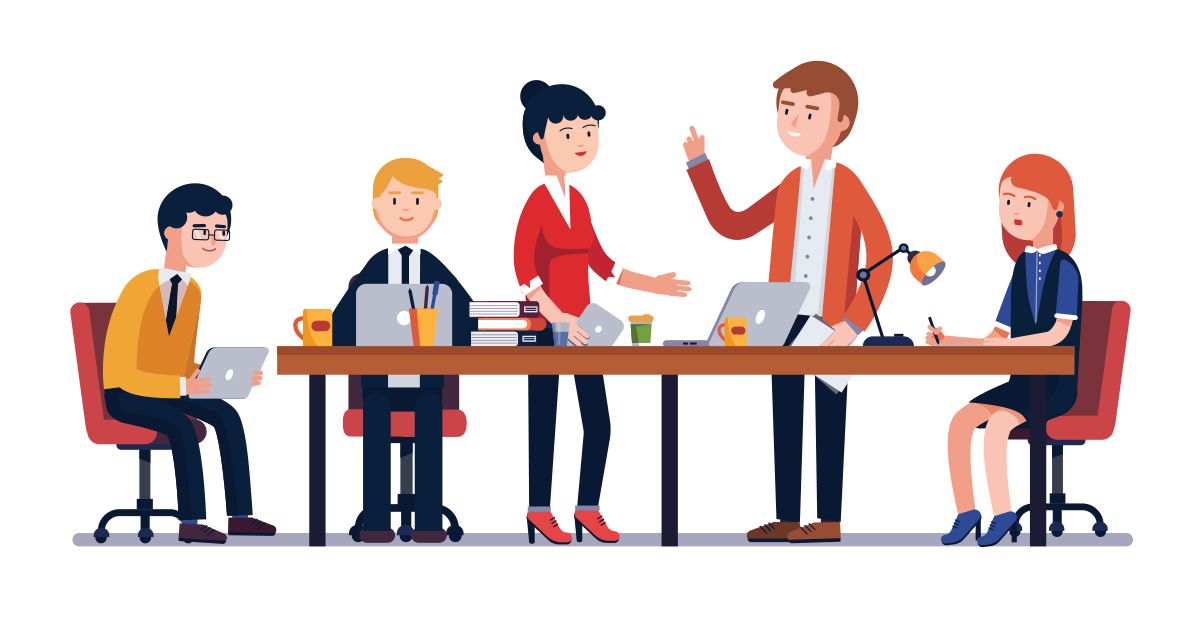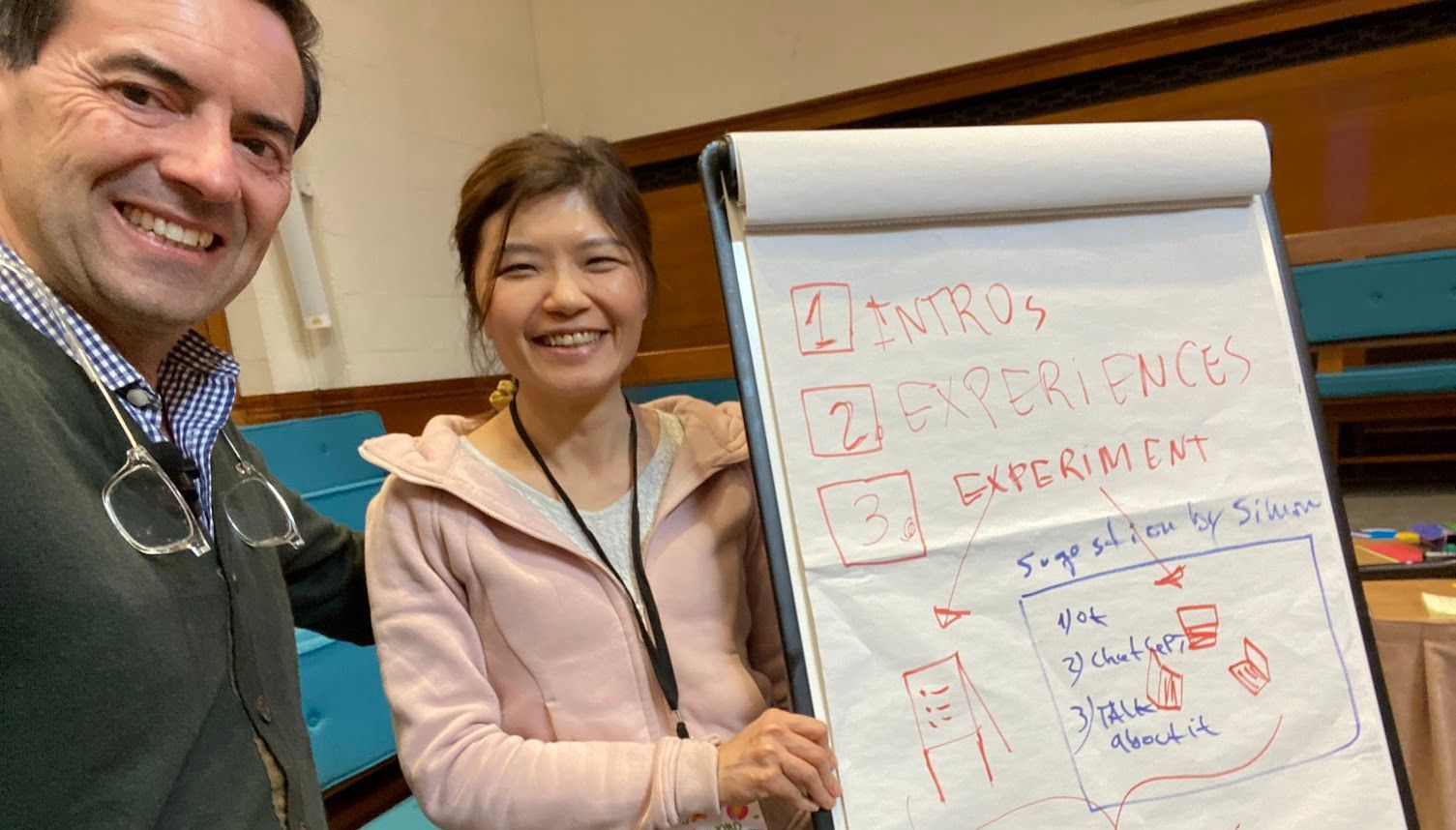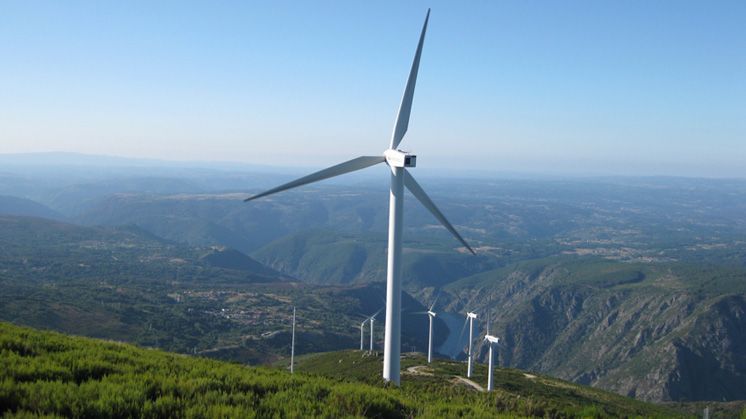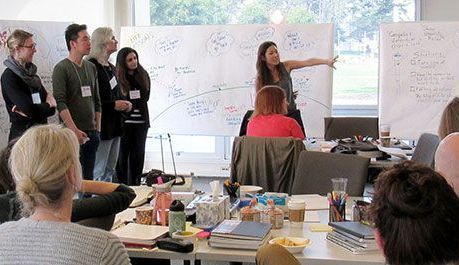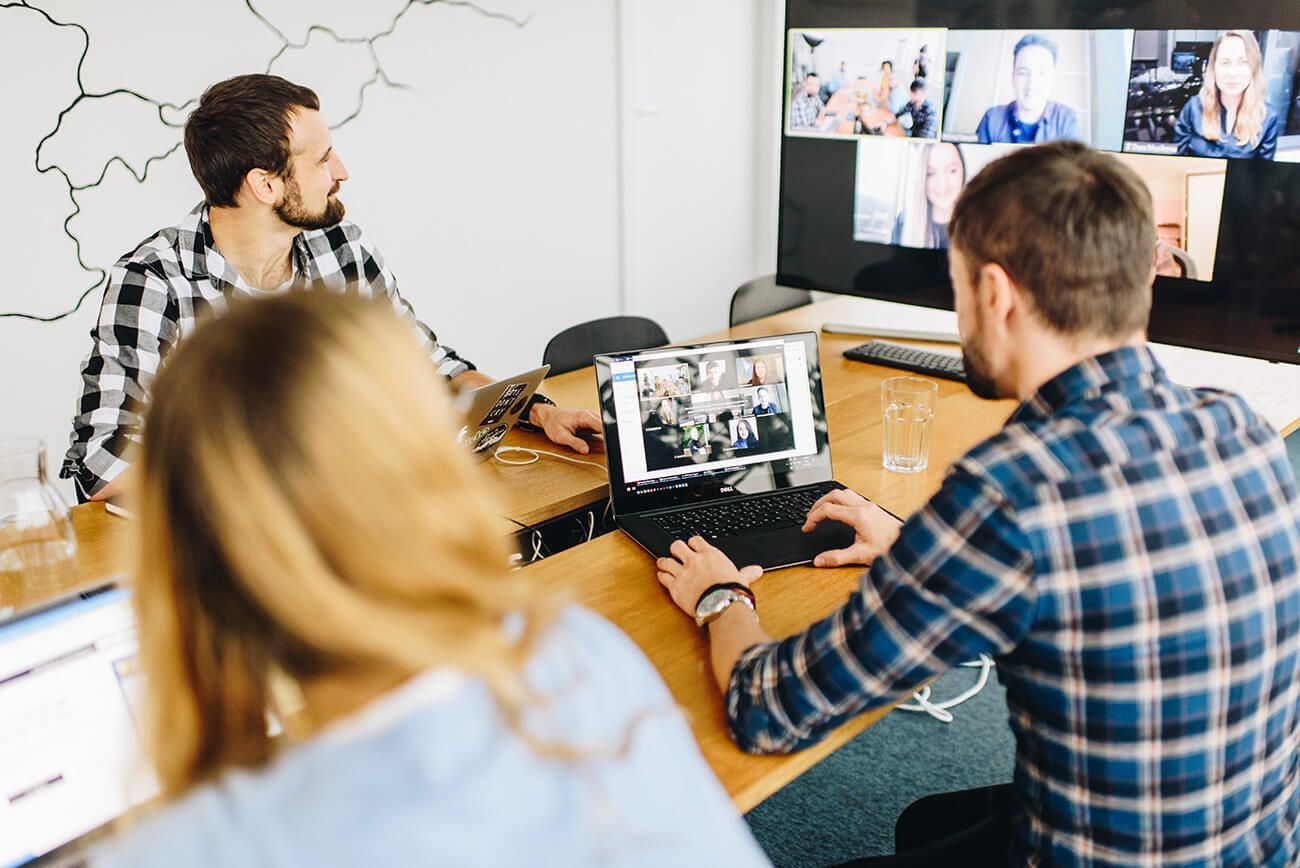Knowledge Café: o que é?
Replica da entrevista (em inglés) a David Gurteen
Este blog é bilíngue, já todos sabemos. Escrevemos aqui tanto artigos em Português como em Inglês e dentro em breve também em Castelhano e Francês os dois outras idiomas co-oficiais deste site.
Mas a verdade é que a maioria dos nossos leitores portugueses sabe ler em inglês, o qual é uma vantagem nos dias hoje. Nem sempre foi assim no passado, mas hoje em dia o Inglês é a língua franca do Mundo. Nao sendo certo que seja a língua materna mais falada do mundo, o inglês é seguramente a língua mais falada no mundo. (Ver mais abaixo neste blog:
Porque tenho 3 perfis no Linkedin? )
Assim sendo, ocorreu-me republicar aqui na íntegra uma excelente entrevista realizada ao meu colega David Gurteen - inventor de um popular método de reunião conhecido como "Knowledge Café". Trata-se de um método que estamos a usar no âmbito da nossa
plataforma col.lab dar forma e conteúdo a um
Future Café , que é uma variante deste método aplicado a reuniões de descobrimento do futuro, em inglês - Future Foresight - ver este
artigo no Linkedin ou o próprio site do evento - Visual Collab 2018 -
aqui .
Aqui fica o extracto da entrevista realizada pelo Vincent Leung - Senior Designer at MZB World Time Limited.
GO INTERNATIONAL WITH THE KNOWLEDGE CAFÉ
David Gurteen works in the fields of knowledge management, organizational learning, and conversational leadership. He gives keynote talks, designs and facilitates Knowledge Cafés and runs workshops around the world. He is best known as the creator of the Knowledge Café. He has hosted hundreds of Knowledge Cafés and workshops in over 30 countries around the world over the last 15 years.
He is also the founder of the Gurteen Knowledge Community – a global network of over 15,000 people in 160 countries, and he has been publishing his monthly Knowledge-Letter since May 2000.
David curates the Gurteen Knowledge website – a resource site that contains book reviews, articles, people profiles, event calendars, inspirational quotations, an integral blog and much more on subjects that include knowledge management, informal learning, creativity, and innovation.
I have the honour to ask David some questions on his Knowledge Café.
(D) = David Gurteen
(V) = Vincent Leung
(V) Hi David. It has been a long time when we first met in Hong Kong. Hope you like Hong Kong, especially the Peak. Regarding the Knowledge Café, can you briefly explain it.?
(D) Yes, it has been many years since we first met, but I have been to Hong Kong several times since and always enjoy the experience.
The Knowledge Café is a simple process that brings people together to have a conversation for a variety of purposes from learning from each other to making sense of an ever-changing, complex world.
The process is a simple one. A typical Knowledge Café is held for between 12 and 24 people and lasts for about two hours. A speaker talks on a subject for about 10 minutes and poses a question to the group.
People sit at small round tables in groups of three or four. The small groups discuss the question for 15 minutes before they are asked to change tables. They change tables twice, so they have three rounds of conversation.
Finally, everyone comes back together and arranges the chairs in a circle to have a final whole group conversation.
This is the essence of the Knowledge Café process.
(V) How can we make an impact with the Knowledge Cafés? Moreover, besides positive results, what other benefits we can show for promoting Knowledge Cafés in an organization?
(D) A Knowledge Café should never be held merely for the sake of it. There should always be a substantial business purpose. The power of Knowledge Café lies in the conversation and the fact that a group conversation is a form of thinking together.
One individual or small elite team cannot fully understand what’s going on in our hyper-connected, complex world. It takes a small group of people coming together in conversation to think together to make sense of things.
So whenever we are faced with a problem or challenge, the question should always be asked: "Can a Knowledge Café help us make better sense of what’s going on here and help us reach a better decision or outcome?" In the vast majority of cases, the answer will always be yes.
So the value of the Café is the impact it makes in better decision-making and innovation.
However, any conversation, meeting or Knowledge Café always serves to purposes. The first is obvious, to fill the aim of the meeting. The second is often overlooked, and that is to build stronger relationships between the participants and to build community. This benefit is often entirely neglected and hugely undervalued.
(V) There are always significant issues or problems in small to medium to large organizations. Which topics will be considered appropriate when running Knowledge Cafés, and any tips for making the choices?
(D) A Knowledge Café should always start with a definite business purpose. It is this purpose that determines the choice of topic.
As you say, there are always significant issues or problems in any organization, and it's these issues that are ideally addressed by the Café.
Here are a few examples:
- To gain a better understanding of a complex issue
- To identify risks or unintended consequences associated with the project
- To identify new opportunities
- To help break down departmental silos
- To brainstorm ideas
The list is endless. The beauty of the Knowledge Café is that the power of thinking together can be applied to any business issue.
(V) You have run Knowledge Cafés all over the world such as the UK, Egypt, Singapore, Norway, Iran and many more. When you face with different age groups and multinational members in a Knowledge Café, how would you deal with the age, cultural, religion, and fundamental differences?
(D) What I’ve learned over the years is that culture is not such a significant barrier to conversation if you create a safe space for people. By that, I mean a conversational environment where people feel relaxed and free to speak their minds without any hint of criticism or judgement.
If people have a conversation with other people who are part of their own culture and are holding that conversation in their native language, then I’ve seen little or no difference in the way that they engage compared to other cultures.
There is a challenge though when you’re trying to run a Knowledge Café with a mixed cultural group. The biggest problem tends to be in East and Southeast Asia. What I find in these cultures is that the conversations in the small groups of three or four people tend to work fine, just like any other culture.
However, it’s in the whole group conversation where people are much less likely to engage in the conversation. I think this is for several possible reasons. First, there is the potential to lose face and the potential to cause someone else to lose face, second humility and the fact that it goes very deep in some cultures not to speak up. However, note these barriers exist in many Western cultures too - they don't go so deep.
In these situations, I tend to give more time to the small group conversation and less time to the whole group conversation. After all, the real value is in the small group conversations.
The one thing I never try to do is the force people to speak if they are uncomfortable in speaking. I simply try to create a conversational environment where they feel safe to speak.
(V) How to measure the success of Knowledge Cafés, in tangible and intangible ways?
(D) As I have explained, every Knowledge Café should be designed for a specific purpose such as to break down organizational silos, to identify opportunities or to gain a better understanding of a complex issue. So the measure of success is not in the Knowledge Café itself but in whether the Café helps fulfil the business purpose.
When designing a Knowledge Café not only should the purpose be explicitly stated but also the measures of success and how they will be measured. This can be quantitively or qualitatively.
However, the real value in the knowledge Cafe is what is in it for the participants. One of the best ways of informally determining the success of a Café is at the end of the process when going around the circle to ask the participants to share their actionable insights and what they thought of the Café process.
In other situations where the Café is used say as a brainstorming tool to generate ideas, it can be judged on something more tangible such as the quality of the ideas that have been generated.
(V) You have mentioned your favorite way to get started Knowledge Cafés is to run a series of Future Cafés. Can you explain what the differences between those two types of Café?
(D) The term Knowledge Café is a generic term for the conversational process that I've designed. In a regular Knowledge Café, the purpose is merely to have an interesting conversation about a topic to learn from each other and to share knowledge.
However, the Café can have many different purposes and depending on the objective can be given a slightly different description. So you could have an Ideas Café, a Sales Café, an Innovation Café, an Engagement Café or indeed a Future Café.
A Future Café, like a Knowledge Café, is typically kicked off with a short talk by a speaker but in this case, one who is an expert in the field of the subject under discussion. For example, the speaker might talk about the Blocktrain, before posing a question such as "How do you think Blocktrain technology will impact our business.
So in a Future Café, we are focused on a particular business issue that is associated with say a new technology, a change in regulations or a demographic trend.
(V) Thank you David.
If you are interested in organizing your own Knowledge Café and would like to seek assistance from David Gurteen, you are welcome to contact him at
david.gurteen@gurteen.com
You will also find more information about the Knowledge Café at
http://knowledge.cafe
or his online book on Conversational Leadership at
http://conversational-leaderhip.net
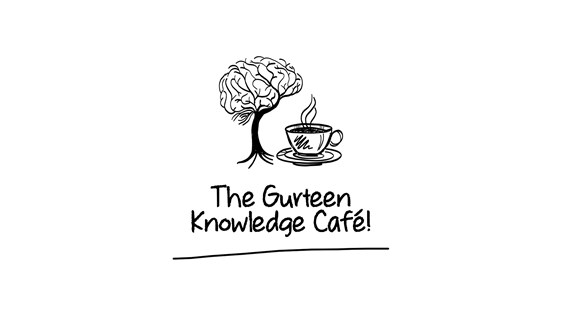
Quer organizar um Knowledge Café ou um World Café em Portugal?
Existem uma variedade de recursos na Internet que o podem ajudar mas não há nada como participar num primeiro evento para obter uma idea prática de como o levar a cabo.
Tanto o World Café quanto o Knowledge Café são abordagens colaborativas que compartilham várias vantagens em comum. Algumas das vantagens comuns entre essas duas metodologias são:
- Inclusão e Participação: Ambas as abordagens encorajam a participação ativa de todos os envolvidos, permitindo que todas as vozes sejam ouvidas e consideradas, independentemente da hierarquia ou posição.
- Diálogos Significativos: Tanto o World Café como o Knowledge Café criam ambientes propícios para diálogos autênticos e significativos, permitindo a troca de ideias e experiências de forma aberta e respeitosa.
- Diversidade de Perspetivas: Ambas as metodologias valorizam a diversidade de perspetivas, o que enriquece as discussões e gera insights mais abrangentes e inovadores.
- Construção de Conhecimento Coletivo: Tanto o World Café como o Knowledge Café têm como objetivo construir conhecimento coletivo, aproveitando a sabedoria do grupo para a geração de soluções e ideias mais completas.
- Estímulo à Criatividade: Ambas as abordagens estimulam a criatividade dos participantes, gerando ideias originais e inovadoras através de diferentes técnicas de facilitação.
- Ambientes de Aprendizagem: Tanto o World Café como o Knowledge Café proporcionam ambientes de aprendizagem colaborativos, onde os participantes podem aprender uns com os outros e ampliar os seus horizontes.
- Envolvimento e Sentimento de Pertencimento: Ambas as metodologias promovem o engajamento dos participantes, criando um sentimento de pertencimento e comprometimento com os resultados das discussões.
- Soluções Baseadas em Consenso: Tanto o World Café como o Knowledge Café buscam encontrar soluções com base no consenso e na colaboração, facilitando o alinhamento e a tomada de decisões compartilhadas.
- Flexibilidade e Adaptabilidade: Ambas as abordagens são flexíveis e adaptáveis a diferentes contextos e temas, podendo ser aplicadas em diversas situações.
- Geração de Resultados Práticos: Tanto o World Café como o Knowledge Café são capazes de gerar resultados práticos e acionáveis, que podem ser implementados após a conclusão das discussões.
Em suma, o World Café e o Knowledge Café partilham diversas vantagens, tornando-os métodos valiosos para promover a colaboração, o diálogo e a co-criação em grupos e organizações.
Se pretender realizar um evento com algum destes métodos não hesite em agendar uma video-chamada no meu calendário aqui.
Disponho de materiais e instruções que lhe poderei enviar gratuitamente,
Follow Us
"Be brave enough to start conversations that matter and shift the direction of change for the better."
col.lab | collaboration laboratory is a spin-off from the book series " Architecting Collaboration " and our privacy policy can be consulted here
My Meeting Support is an event services brand by col.lab | collaboration laboratory






